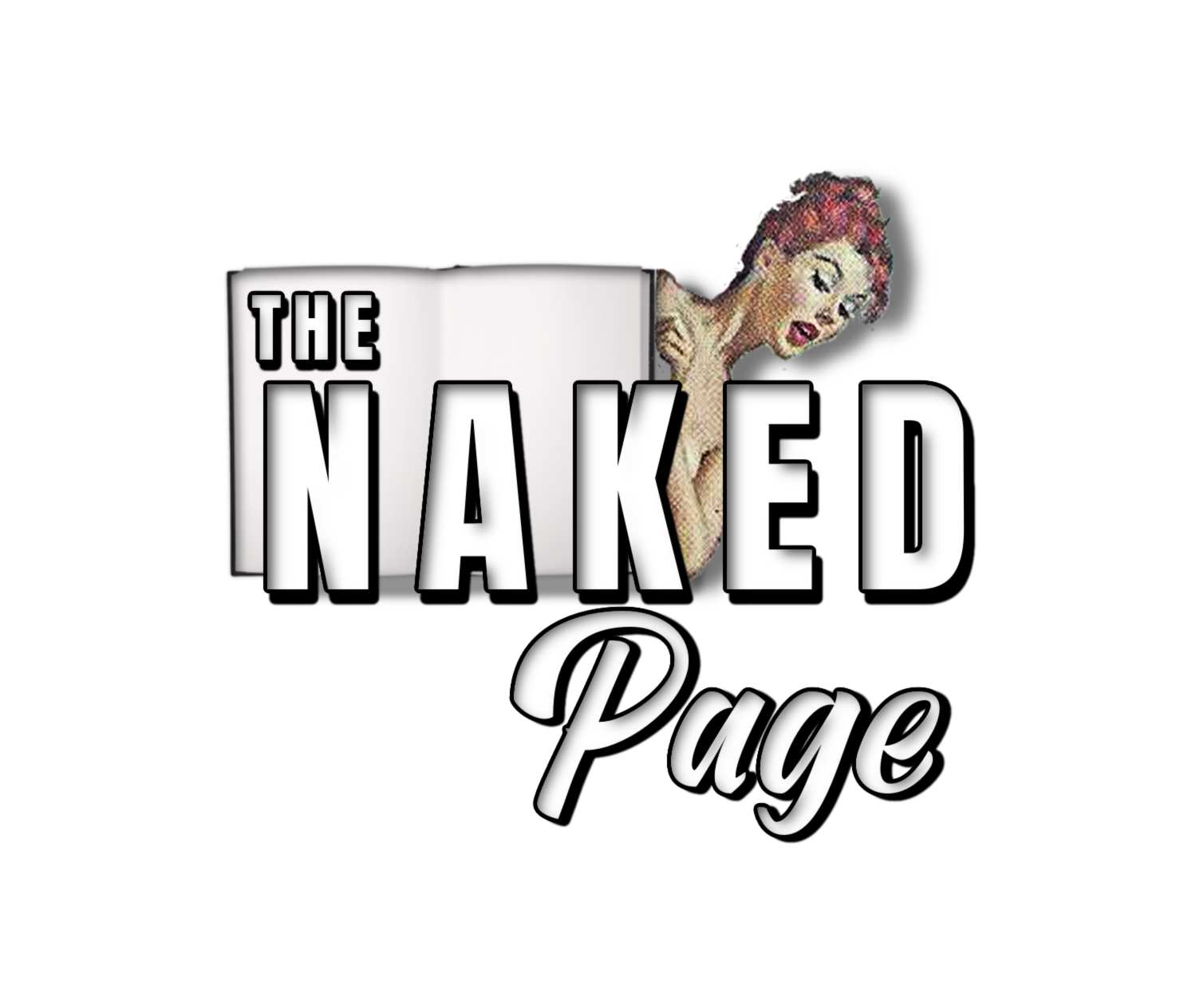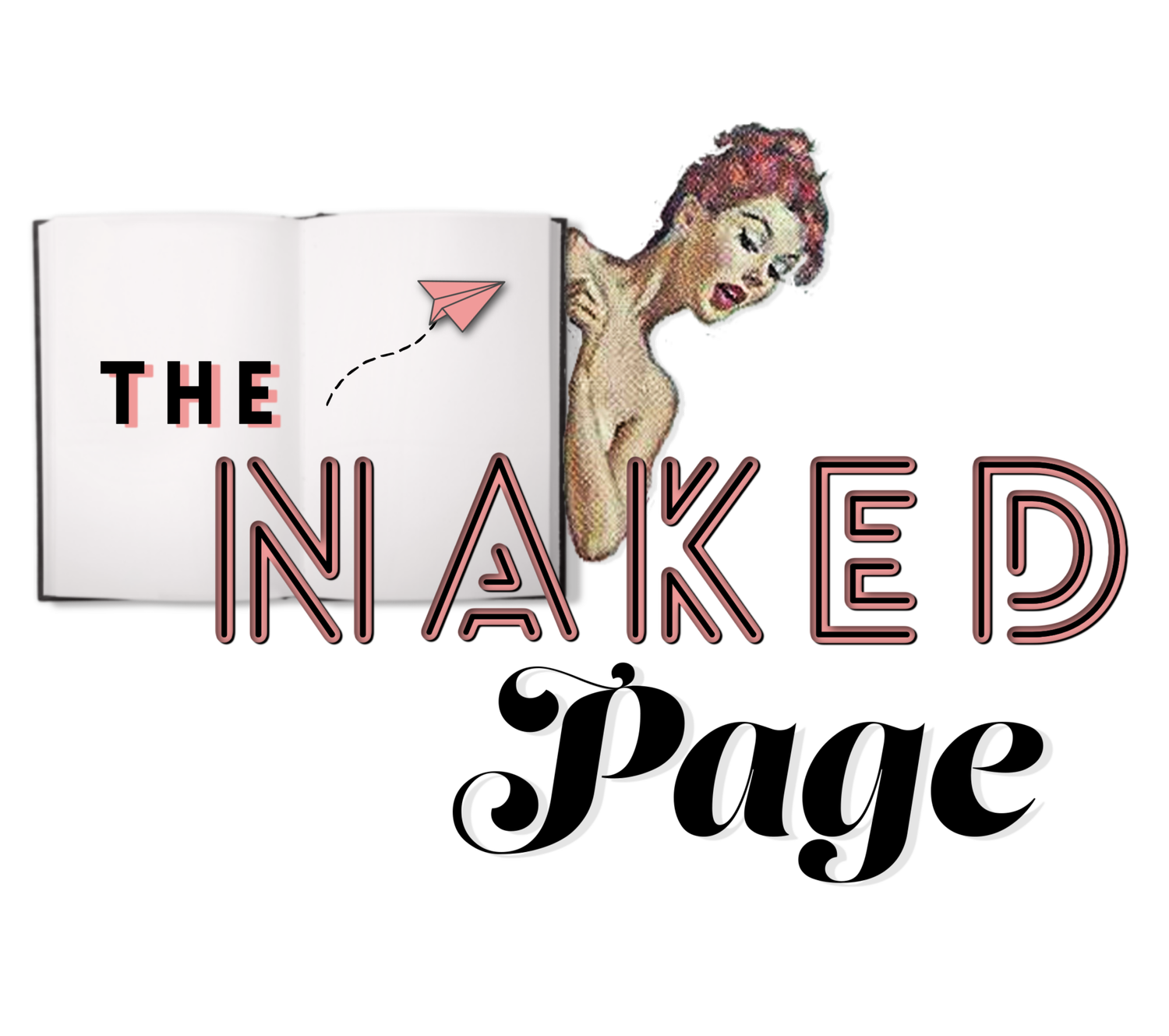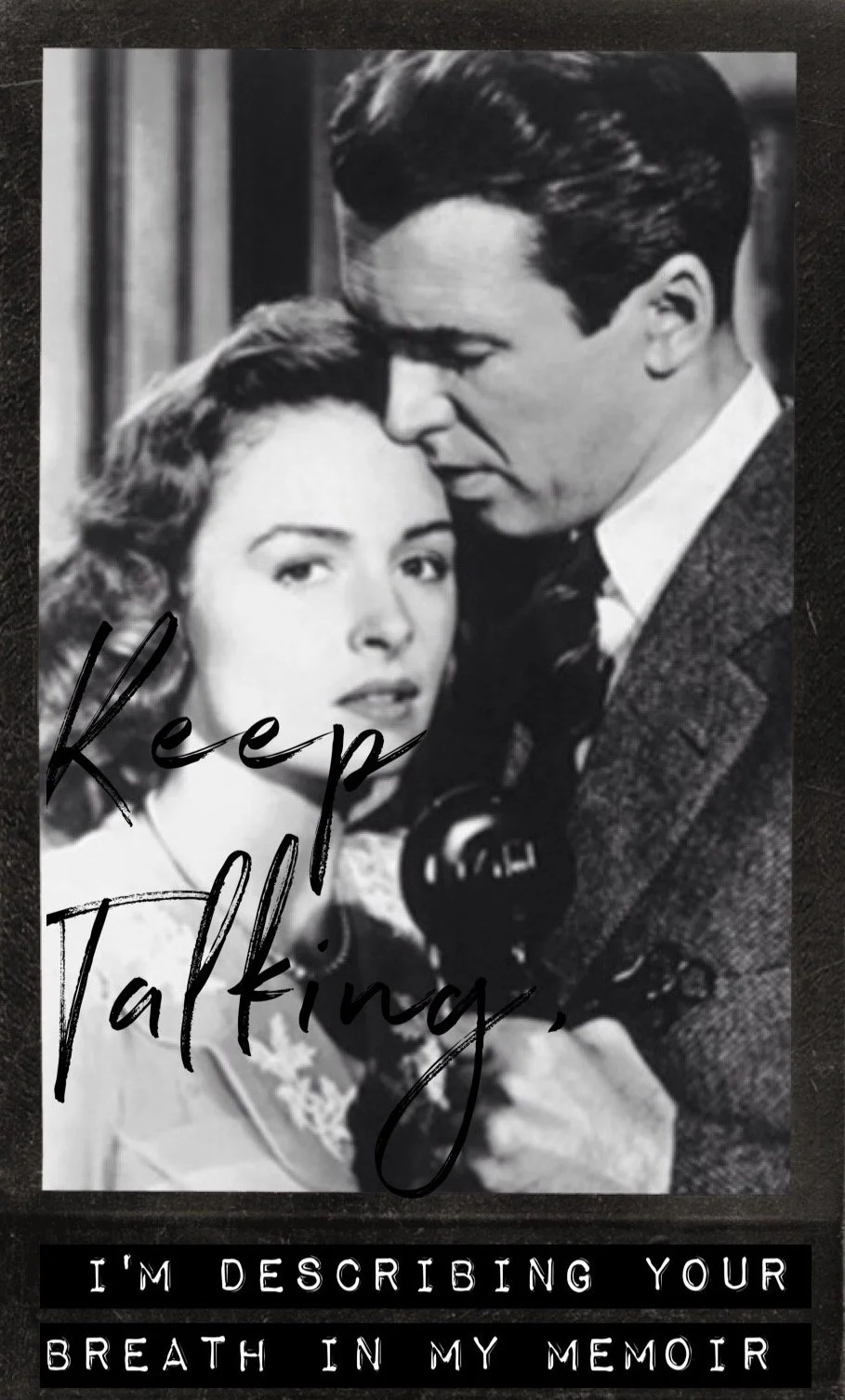Capture Movie Moments in Your Holiday Writing
Reflecting on your life in a journal may help you produce lots of content. But what happens when you have to sift through all that material to get to the good stuff and tell a story?
Journaling won’t get you to the heart of an experience. Not like shaping a story can.
Yep, I advocate for shaping a story rather than free writing. But how do you kickstart that story into motion? You don’t need a long ramble of exposition to figure out where to begin. A gut reaction will get you going and keep you away from passive voice.
Memoir writers (and fiction writers, too) should consider starting in the middle of a scene. Known as in medias res for you Latin lovers out there. This means you bypass all backstory and start right when things are heating up.
Think of your life as a series of movie moments. Ever have one of those?
Ewan MacGregor in Big Fish comes to mind. That scene where he meets his future wife at the circus and time stands still. I know you’ve experienced one of these unfolding moments. Capturing that experience is how you’ll hook your readers. And there’s no better time to learn how to write like this than when you’re in the middle of the action.
When a memorable moment occurs, scoop that sucker up in your butterfly net and pin it to the page! You may not know exactly how you’ll use it down the road, but you’ve trapped it, so it won’t escape. No, don’t stop dinner to write, but after the event transpires, jot down a note with clear details. 1-2 sentences is enough.
A big part of my writing process comes from stringing together smaller vignettes—brief accounts of significant experiences. I write them quickly and put them aside until some lightbulb goes off in my brain and I’ve identified a pattern that pulls them together.
There’s no better time to practice this than during the holidays.
Detail all the fancy food you’re cooking. You may remember how it looks, but you also need to recall how it tastes and smells.
Describe that big family blowout over politics. How did your hands and head feel right after the argument?
Clue us in on that zipper that broke on your wedding dress five minutes before you were about to walk down the aisle. Note the perplexed looks on the faces of all your theatre friends as they scrambled to fasten a brooch—costume style—to your back to make it work. (Okay, so this is my story!)
Collecting these action packed scenes are better than journaling. You can capture a significant event in ten seconds that will amp up your writing more than pouring over handwritten work for weeks. Forget trying to remember last night’s dream or keeping a log of what you had for breakfast. Snag real time sensory details and feed them into your words before they fade forever.
I spent a good deal of my postpartum time in the hospital writing notes on my iPhone. I wanted to ensure the authenticity of my own daughter’s birth. And boy did I! After 68 hours of active labor, I ended up with a C-section and was on some great drugs. I sent out wild messages to all my friends with crystal clear details nobody wanted to know. Don’t do this. Or if you do, make sure to apologize after and explain the pharmaceuticals.
If you can’t write in the moment, find a minute after an event eclipses where you can illustrate the most stunning and vivid details. Catch those bright colors. Show us all the elaborately arranged presents under the tree and your bad attitude when you didn’t get what you wanted.
Closeness is key. The sooner you can get these experiences down, the more honest you’ll be.
Consider your job as a writer like a photographer who has her camera ready no matter where she goes.
And remember, the best stories center around conflict. When things don’t go as planned, you have an opportunity to provide some friction. We all encounter tension and want to resolve it. That’s exactly what keeps us reading. So, don’t give us doilies and doodads at Christmas dinner when what you really had was a (metaphorical) dagger directed at your sister’s throat because she grabbed the family heirlooms after the last funeral.
Feed us all your unbelievable expectations that get dashed. We want to feast on those moments most of all.
Your conflict doesn’t have to be dramatic. Sometimes tension comes from your internal feelings not vibing with your surroundings.
“Of all the people in the airport, I love the shoeshine guy the most,” I wrote as an exhausted flight attendant in 2015, “he’s the only person without a blurry face.” That nugget reveals a time when I was sleep deprived, starving, and always on the move. I’d never be able to recapture that image if I was sitting at my computer now and remembering the event.
Writing starts in your head.
Excessive journaling can delay your real writing process.
As a lover of stories and storytelling, you should always be considering ideas. Like kneading dough, you’re constantly massaging scenes in your mind. The myth that you have to record every extraneous detail in a journal is nonsense. Think about how much material you’ll wade through when you’re editing that writing. No wonder writers think of editing as excruciating. It doesn’t have to be this way.
Try this ritual instead of journaling. Yes, even you, busy moms, especially YOU!
Go to the bathroom
Lock yourself inside
Turn on the shower.
Sit on the toilet with your smartphone for 2-5 minutes and type out something significant that happened recently, a wow moment, an argument with your spouse, or something cute your child did.
Fill in as many details as possible. Really recall all the aspects of the moment as it was happening. Use your senses to pull up exactly how you experienced the scene.
Soap up and go about your day.
Your family will never know what you’re up to. And you can send that note right to your computer. Done.
Ta-dah!
Writing that's sharper and more gut-level than all that crap you try to recall when you're pouring over those obligatory handwritten pages at 6 a.m. Barf!
Give yourself five minutes, people. That's it. In real-time.


